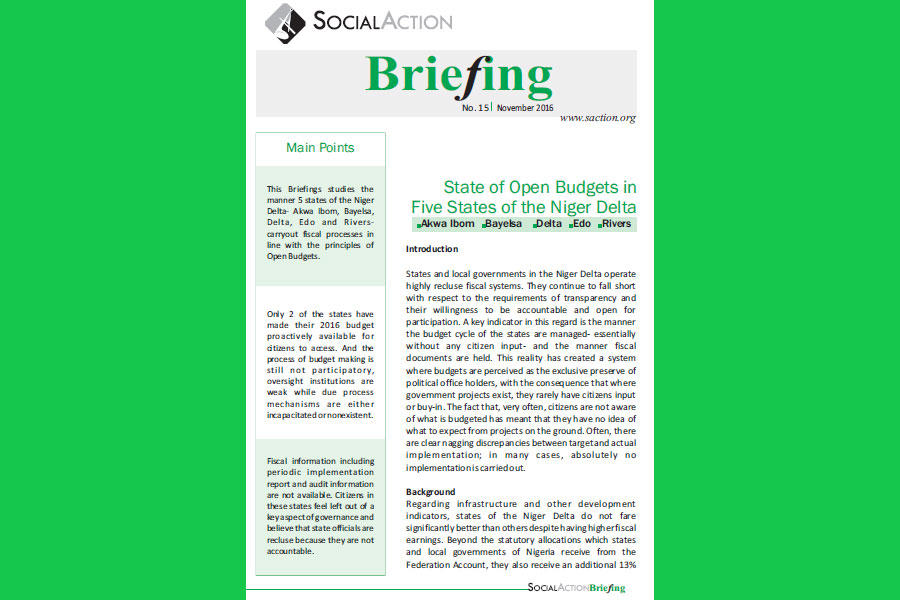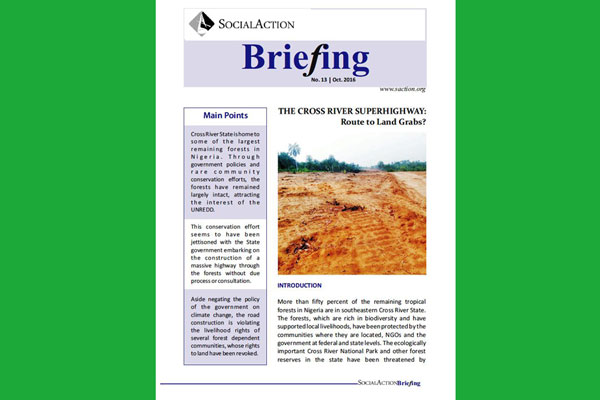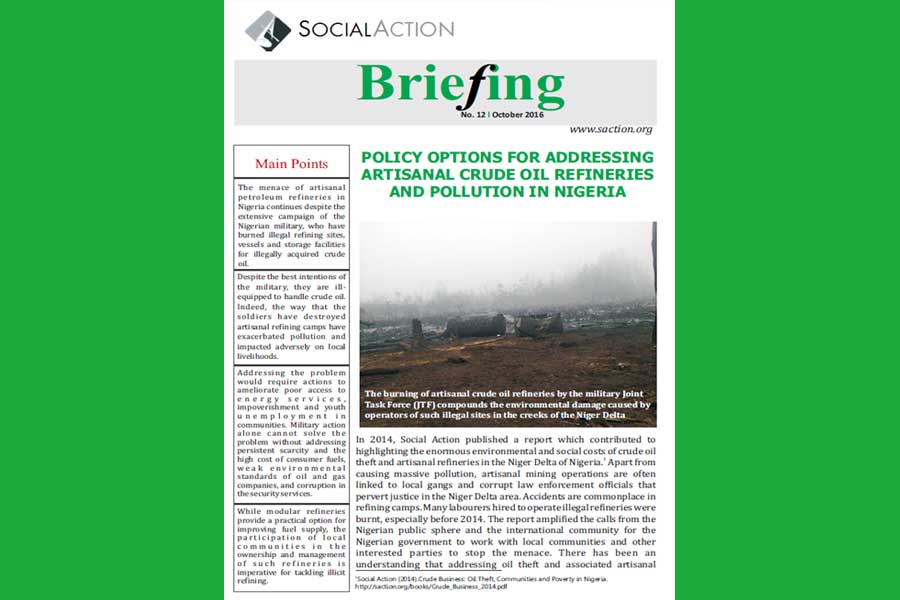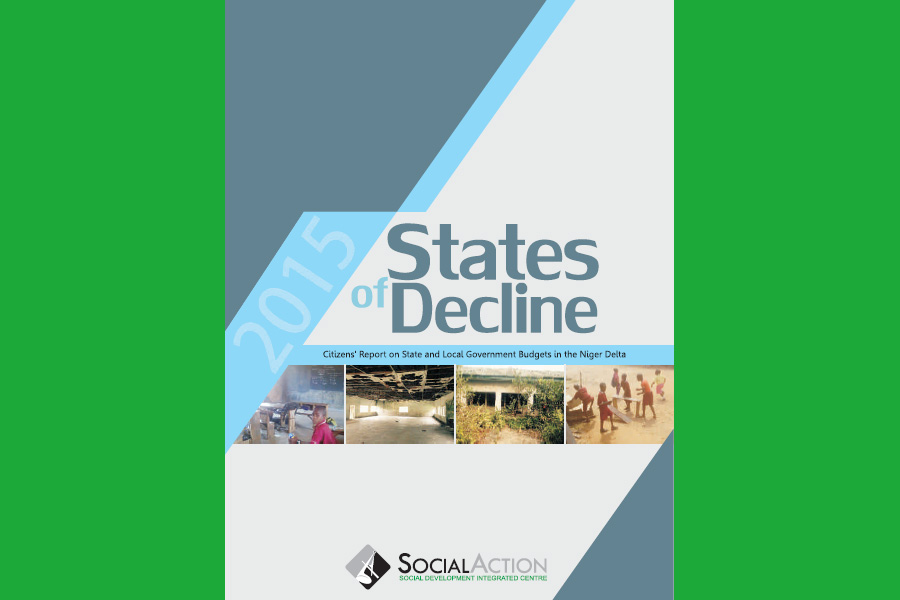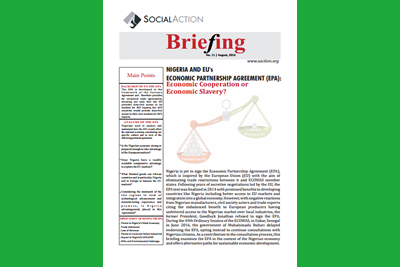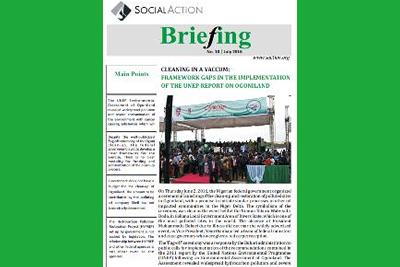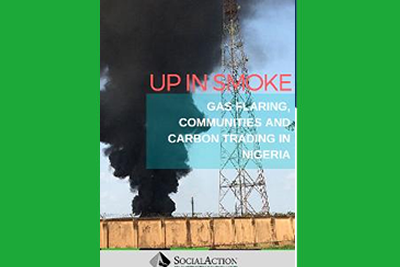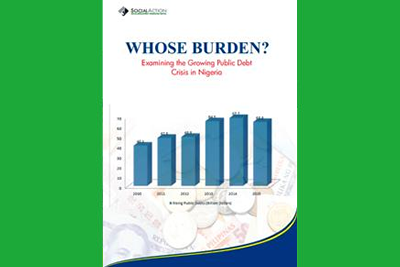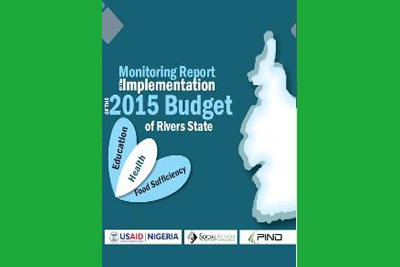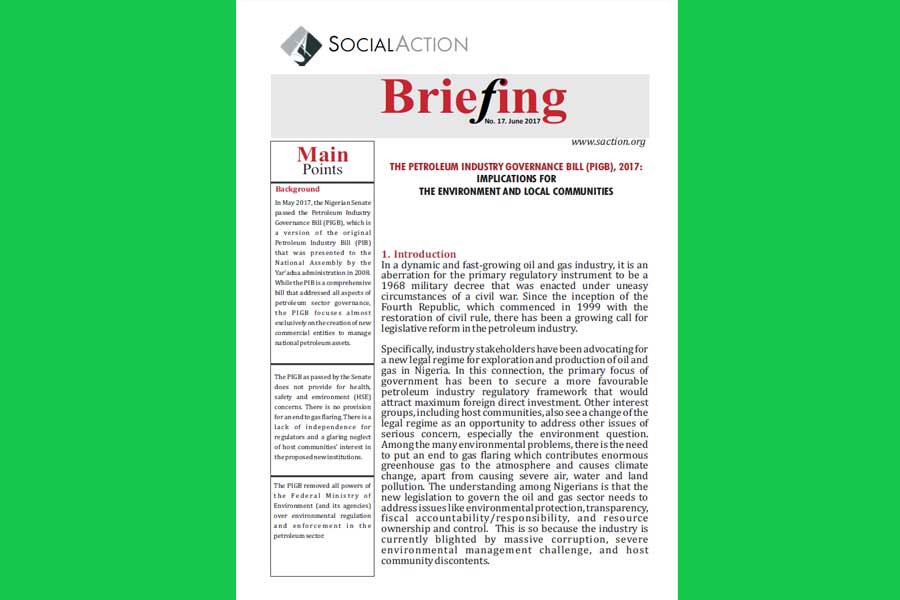
In May 2017, the Nigerian Senate passed the Petroleum Industry Governance Bill (PIGB), which is revised version of the original Petroleum Industry Bill (PIB) that was presented to the National Assembly by the Yar’adua administration in 2008. This briefing paper by Social Action provides an analysis of the PIGB, which focuses almost exclusively on the creation of new commercial entities to manage privatized national petroleum assets. There is a glaring neglect of host communities’ interest in the proposed new institutions. The PIGB does not provide for health, safety and environment concerns; there is no provision for an end to gas flaring. The PIGB proposes to remove all powers of the Federal Ministry of Environment (and its agencies) over environmental regulation and enforcement in the petroleum sector. Read Full Report

